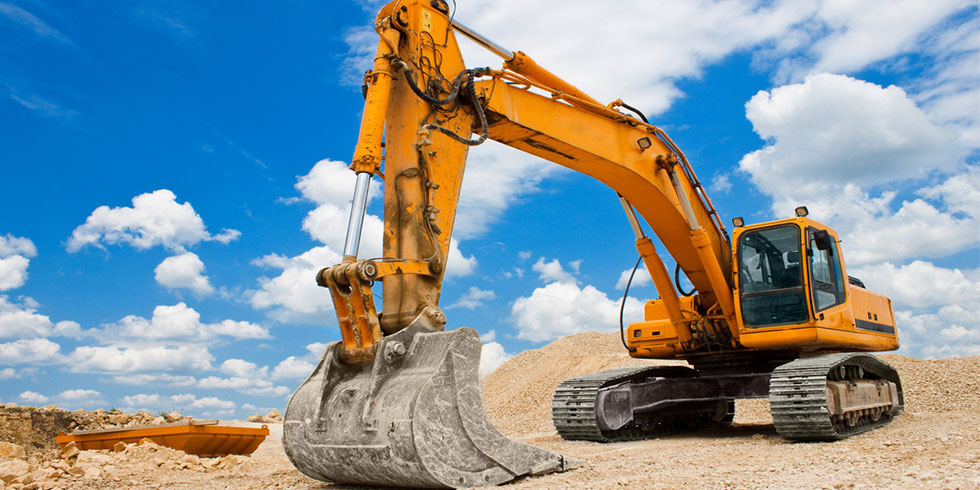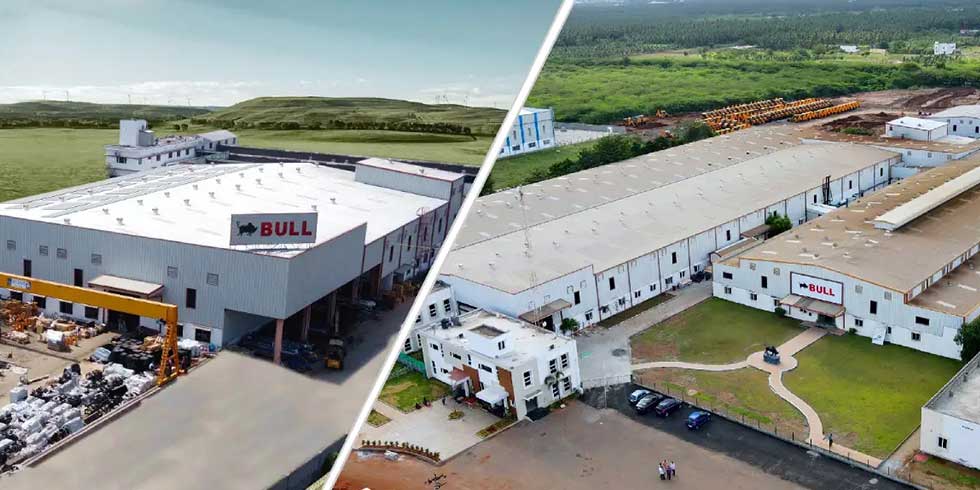Global export-import trade data aggregator Volza, based in New York, USA, reported that 1,170 excavators and related shipments, including spares, were made to Nigeria in just one month. 45 Indian exporters were involved in this, sending goods to Nigerian clients. One can conjecture about the possibility of Indian excavators and earthmoving equipment reaching the African continent if more than a thousand shipments are being made to Nigeria alone. For the Cassava Project in Cameroon, BEML, for instance, recently fulfilled an order to deliver 71 pieces of earthmoving machinery.
Thus, it is unsettling to learn of excavators that are exported from the ports of Chennai and Mumbai and then smuggled into Africa for use in mining and road construction projects.
Africa should be a major market for earthmoving equipment manufactured in India for a number of reasons. Excavators, bulldozers, loaders, and graders are examples of earthmoving machinery made in India that satisfies international standards, is built to withstand tough conditions, and can operate in a variety of terrains. As a result, these machines are well suited for African environments, which are quite similar to those in India. There is a significant amount of India-made earth moving equipment existing in Africa, which gives African consumers confidence. Indian manufacturers modify equipment specs and attachments to guarantee the equipment is adapted to unique conditions and requirements of the African region.
Given the success of Indian earthmoving equipment and the established infrastructure for spare parts, maintenance, and training, it is only logical that Africa, with conditions akin to those of the Indian subcontinent, will require an increasing number of machines. Using arbitrage as a financial strategy to profit from price disparities for the same asset in multiple markets, manufacturers should now reflect on their pricing strategies for the African regions.
The cost of the equipment is significantly impacted by changes in the exchange rate between the Indian Rupee and African currencies, particularly if the Indian Rupee continues to weaken relative to these currencies. In Africa, there is very little local competition for excavators, thus it is simple to keep costs higher without feeling compelled to cut them. When comparing prices to other continents with competitive markets, this lack of competition is a crucial factor.
Indian producers urgently need to wake up and seize the market. Rather than allowing intermediaries to profit from this arbitrage opportunity, manufacturers should leverage their own diligence, manufacturing expertise, R&D, spares and service capabilities, and the improved machine operating efficiency gained from servicing and maintenance contracts. There's only one way to make India proud—the legal way!








Add Comment